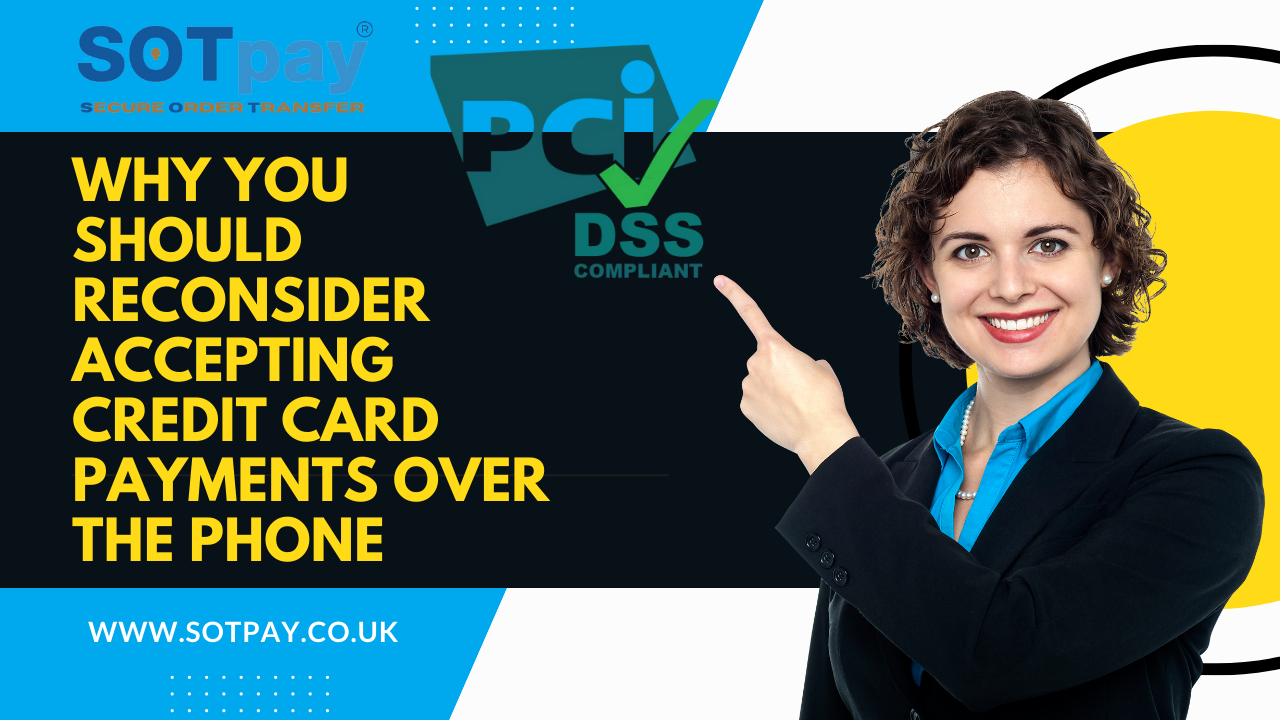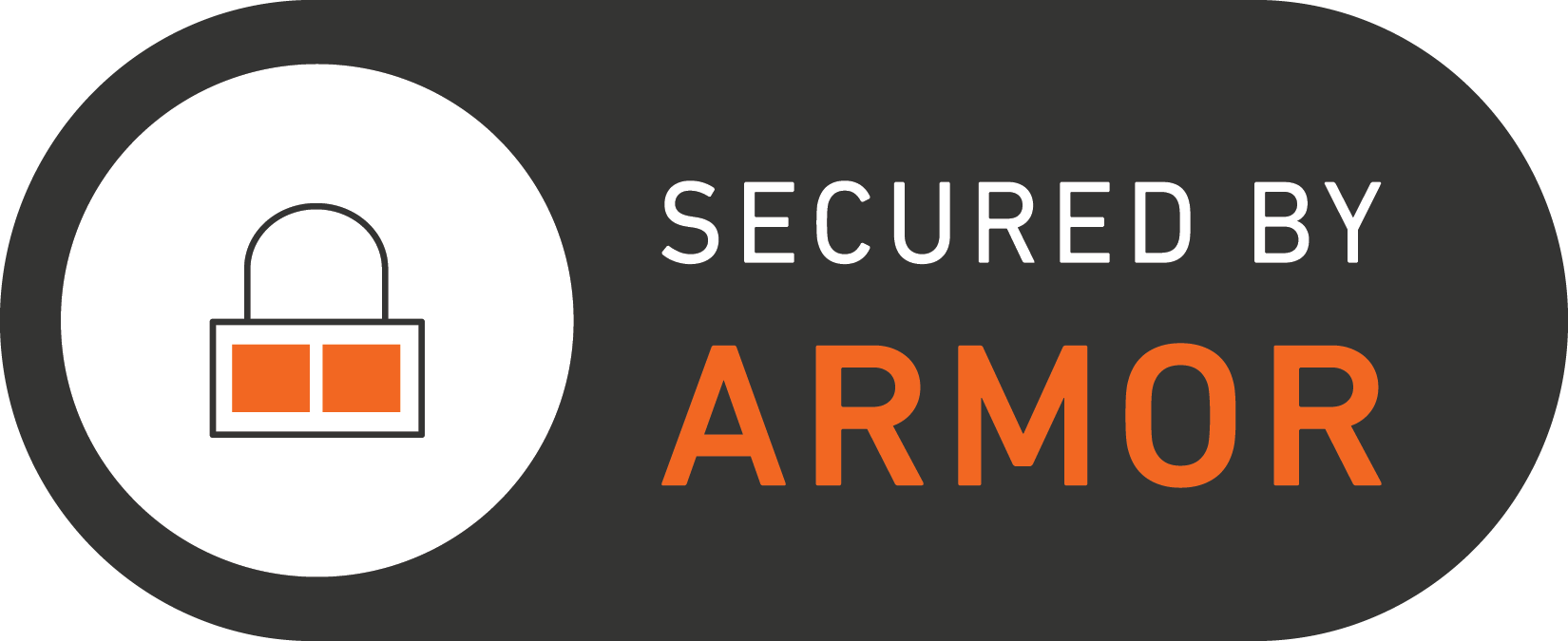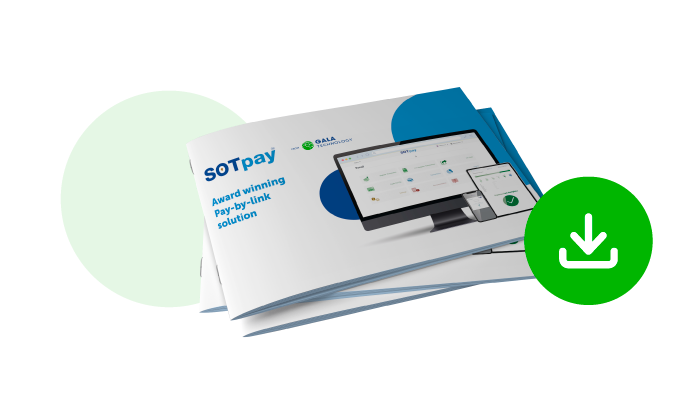Evaluating the Drawbacks of Telephonic Payment Methods
Accepting non secure credit card payments over the phone may seem like a routine task for many businesses. Whether it is a primary mode of transaction for contact centres or a backup when a direct debit falls through, millions of enterprises, from small-scale ventures to industry giants, rely on this method. However, there are compelling reasons to reassess this approach. Here are six crucial factors to consider:

PCI Compliance Challenges
Meeting the Payment Card Industry Data Security Standard (PCI DSS) requirements is non-negotiable for entities handling debit and credit card details. But ensuring compliance, especially during telephonic transactions, can be a daunting task for smaller businesses. This stringent security protocol, designed to safeguard cardholder data, often becomes a hurdle when applied to phone payments.
Elevated Chargeback Risks
A significant portion of chargebacks originate from fraudulent activities, predominantly in card-not-present situations like over-the-phone transactions. Using tools like 3-D Secure can reduce these risks as it shifts the liability. However, implementing 3-D Secure over the phone is not feasible, given that it demands an active internet connection for customer verification, unless you are using SOTpay.
Inefficient Payment Processing
Think of the time and resources spent gathering credit card details from individual customers over the phone. In most scenarios, businesses can allocate their time more productively elsewhere. And that is without factoring in the challenges of getting hold of customers during suitable hours.
Shifting Communication Preferences
As digital communication continues to dominate, many find the idea of processing transactions via phone calls outdated. Today's customers crave the convenience of online email and text-based transactions. They may also prefer to engage with businesses at their leisure, often outside of traditional business hours.
For more futuristic digital payment solutions, click here
High Operational Costs & Diminished Returns
When considering staff engagement, call expenses, potential chargebacks, and inconvenience factors, it becomes evident that credit card payments over the phone are not just expensive; they are also inefficient. This method may end up draining resources without offering proportional returns.
Surging Transaction Fees
An often-overlooked aspect of manual phone payments is the amplified fraud risk. This heightened vulnerability can lead to a spike in transaction charges, burdening businesses with substantial annual costs.
In summary, while paying over the phone with a credit card might seem like a staple for many businesses, the risks and inefficiencies surrounding it are undeniable. It might be time for companies to explore more secure, convenient, and cost-effective alternatives.
The evidence is undeniable: engagement is the new currency. Suit up for the digital age and multiply your earnings through various channels.
SECURE A FREE TRIAL TODAY!
















